How AI is Transforming the Role of Software Quality Assurance (SQA)
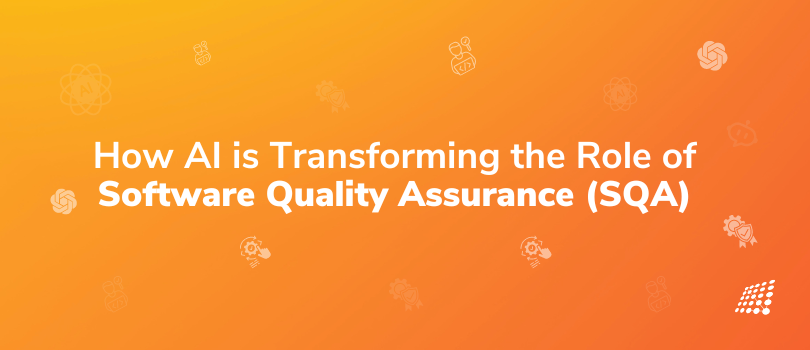
It’s become more crucial than ever to ensure the stability and quality of applications in the fast-paced world of software development. As technology advances, traditional methods of Software Quality Assurance (SQA) are being augmented and, in some cases, replaced by Artificial Intelligence (AI) technologies.
AI transformations in SQA are redefining how software quality assurance test is conducted, tested, evaluated, and delivered, leading to more efficient processes, higher-quality products, and enhanced user experiences. Wondering how? Let’s take a look at How AI is Transforming the Role of Software Quality Assurance (SQA).
The Capabilities of AI in Quality Assurance
AI brings many capabilities to the surface and the latest software development technologies, enabling SQA teams to address the complexities and challenges of modern software development with greater precision and agility.
Test Automation and Code Review
- One of the key areas where AI excels is in test automation and code review.
- By leveraging machine learning algorithms and predictive analytics, AI-powered testing tools can intelligently identify areas of the software that require testing, prioritize test cases based on risk factors, and generate automated test scripts that adapt to application codebase changes.
- Furthermore, AI-driven test automation goes beyond traditional scripted testing approaches by incorporating behavior-driven and exploratory testing techniques.
- These approaches allow SQA teams to uncover hidden defects, validate software functionality against user expectations, and simulate real-world usage scenarios more effectively, ultimately leading to more robust and reliable software products.
Defect Prediction and Prevention
Another area where AI is playing a significant role in SQA is the realm of defect prediction and prevention.
- By analyzing vast amounts of historical data from previous software projects, AI algorithms can identify patterns, trends, and correlations that may indicate potential areas of weakness or vulnerability in the codebase.
- This proactive approach to defect detection enables SQA teams to address issues early in the development lifecycle, reducing the likelihood of costly defects slipping into production.
- Beyond that, AI-powered detection techniques can continuously monitor software systems in real time, flagging deviations from expected behavior and alerting SQA teams to potential issues before they escalate.
- This proactive monitoring capability is particularly valuable in complex, distributed systems where traditional rule-based approaches may fall short.
Performance Testing and Optimization
In addition to test automation and defect prediction, AI is also reshaping the way SQA teams approach performance testing and optimization.
- By using AI-driven load testing tools, SQA teams can simulate thousands of concurrent users and analyze system performance under various conditions.
- It helps to identify bottlenecks, optimize resource allocation, and ensure that software applications can scale effectively to meet user demand.
- Moreover, AI-powered detection tools monitor software systems in real-time, alerting SQA teams to potential issues before they escalate.
- This proactive monitoring capability is particularly valuable in complex, distributed systems where traditional rule-based approaches may fall short.
Requirements Analysis, Code Review, and User Feedback Analysis
Furthermore, AI's role in SQA extends beyond testing and defect detection to encompass areas such as requirements analysis, code review, and even user feedback analysis.
- Natural Language Processing (NLP) algorithms can analyze user feedback from various sources, such as social media, app store reviews, and customer support tickets, to identify trends, sentiments, and common issues.
- It helps provide valuable insights to inform future development efforts and prioritize feature enhancements.
AI in Manual Testing
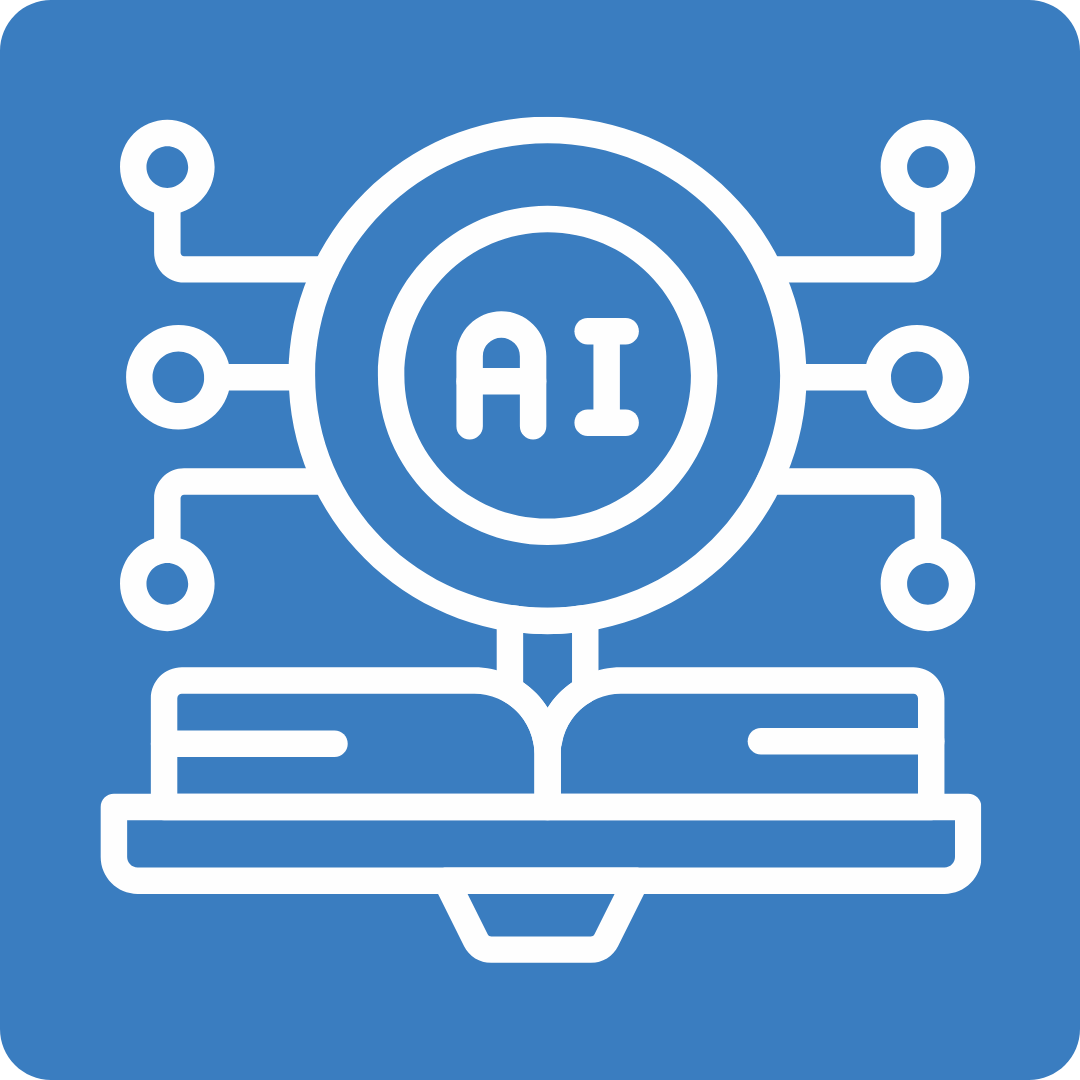
AI for manual software testing is seeing a shift where it is augmenting human testers' capabilities with advanced algorithms and automation.
- Through AI-powered tools, repetitive and time-consuming manual testing tasks can be automated, allowing testers to focus on more complex and creative aspects of testing.
- AI also enables intelligent test case QA generation, anomaly detection, and predictive analytics, enhancing test coverage and effectiveness.
- By using AI, manual testers can increase productivity, improve accuracy, and deliver high-quality software products faster.
As AI technology continues to evolve, its transformative role in manual testing will further streamline processes and elevate the overall efficiency and effectiveness of software testing efforts.
AI-powered tools help the manual testers with below potential facts:
Test Automation
Then AI also hugely impacts test automation!
- AI-powered test automation tools streamline repetitive manual testing tasks by automating test case execution, data generation, and result analysis.
- This frees up manual testers to focus on more complex testing scenarios and exploratory testing, enhancing overall testing efficiency and productivity.
Intelligent Test Case Prioritization
- AI algorithms analyze historical testing data, code changes, and user feedback to understand test case priority based on their potential impact on the software.
- This ensures that manual testers allocate their time and resources effectively, focusing on critical areas of the application that are more likely to contain defects.
Anomaly Detection
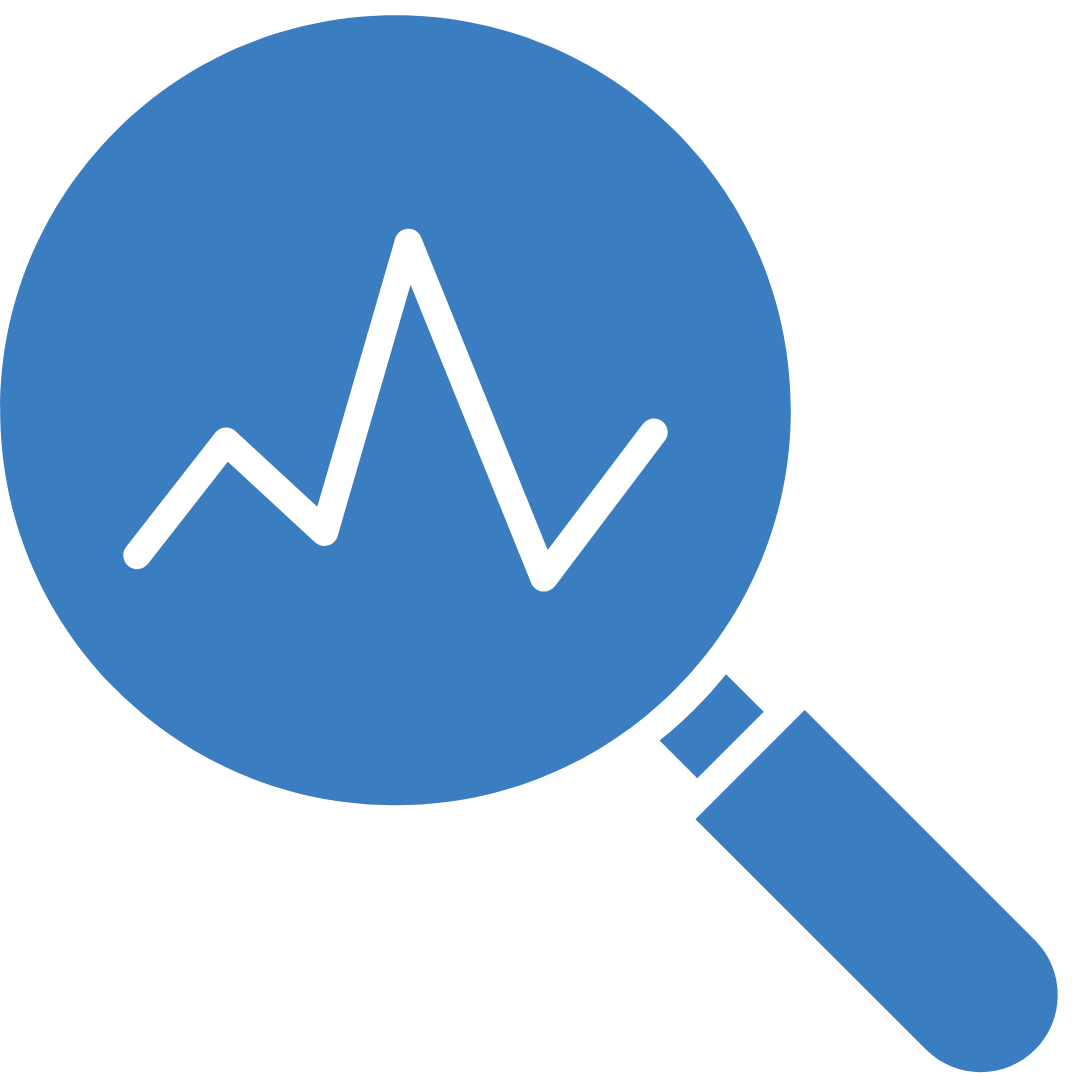
- AI-driven anomaly detection techniques continuously monitor test results in real time, identifying unexpected deviations or abnormalities that may indicate potential defects or issues in the software.
- By alerting manual testers to these anomalies early on, AI helps expedite defect identification and resolution, minimizing the impact on software quality.
Predictive Analytics
- AI-powered predictive analytics models analyze vast amounts of testing data to forecast future software quality trends, defect rates, and testing outcomes.
- This enables manual testers to anticipate potential issues, plan testing strategies more effectively, and proactively address emerging challenges before they escalate.
Test Environment Optimization
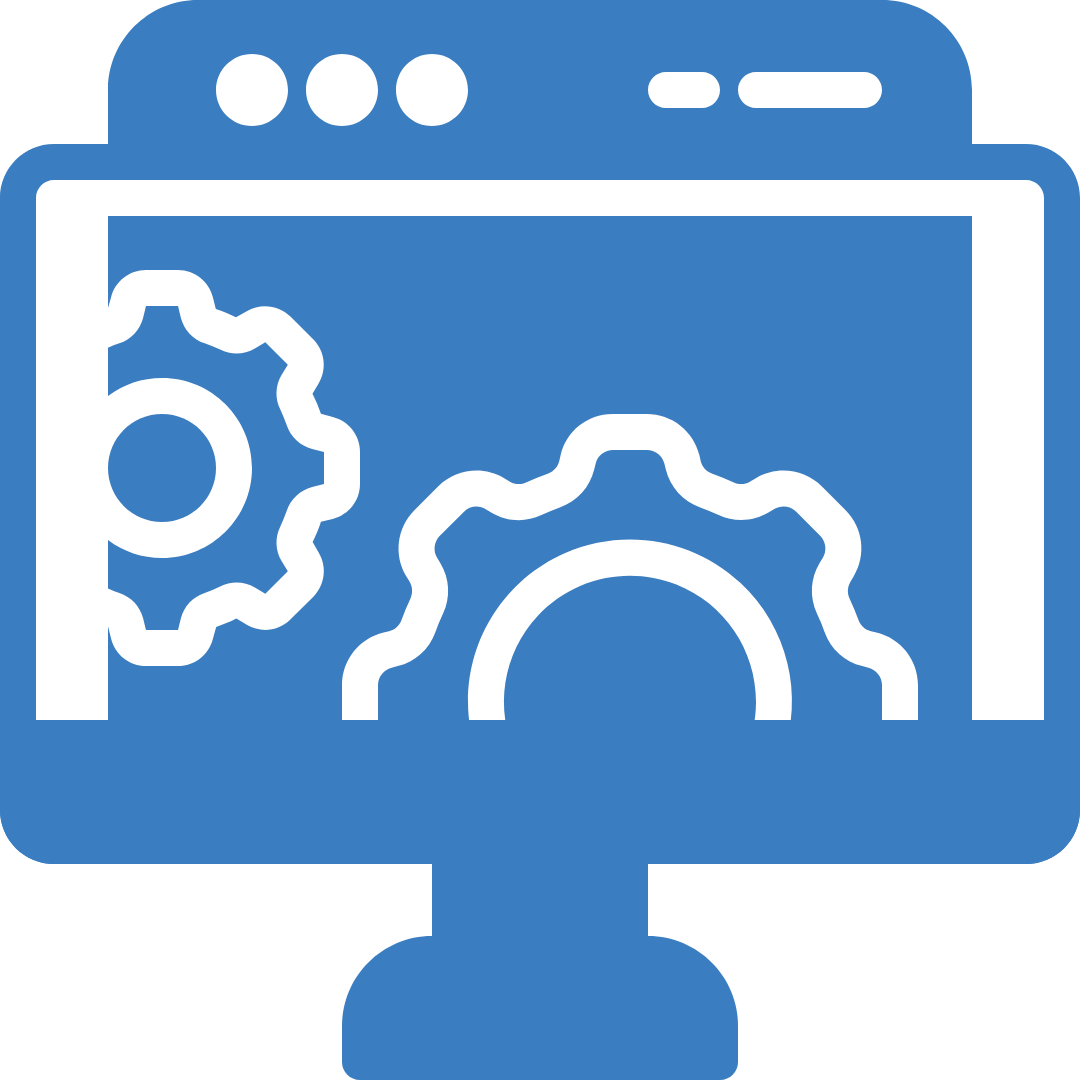
- AI algorithms optimize test environments by dynamically allocating resources, configuring test setups, and managing test data to maximize efficiency and minimize downtime.
- By automating these tasks, AI helps manual testers ensure that they have the necessary infrastructure and resources to conduct testing activities smoothly and effectively.
AI's transformative role in Software Quality Assurance is undeniable. By leveraging AI technologies, SQA teams can automate repetitive tasks, improve test coverage, detect defects early, and optimize software performance with unprecedented efficiency and accuracy. As AI continues to evolve and mature, its impact on SQA will only grow, empowering teams to deliver higher-quality software products that meet the ever-increasing demands of today's digital landscape.
Embrace AI with our efficient QA team and lead the charge in delivering flawless software. Contact us to elevate your quality assurance with the power of artificial intelligence.

Developing Leadership Skills and Taking Accountability: How-to Guide
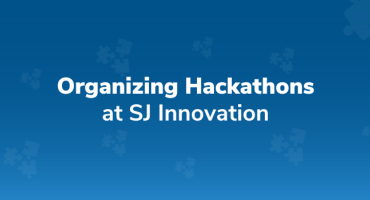
Experience of Organizing Hackathons at SJInnovation


